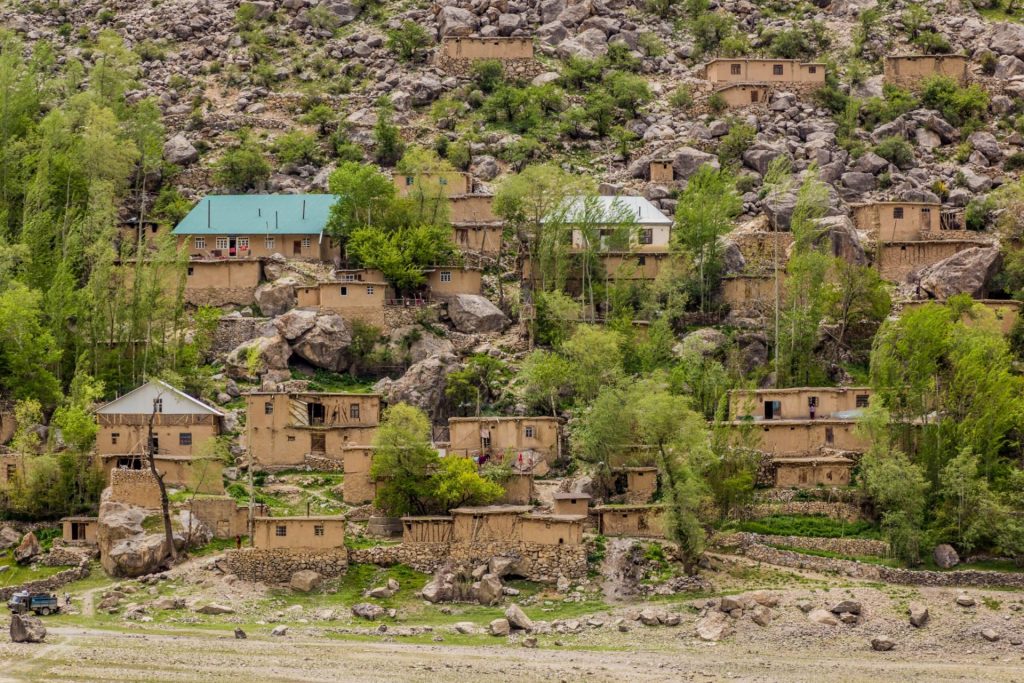heading
PROJECT: GOVERNANCE, ACCOUNTABILITY AND LEARNING FOR WATER SUSTAINABILITY (GOAL-WATERS)Tajikistan
Building the business case for Rural Sanitation and Wastewater Treatment in Tajikistan.

The main goals of the GoAL-WAterS project are to conduct an assessment of wastewater management policies and practices in Tajikistan to help the government ensure universal safely managed sanitation services by 2030, and to develop a regulatory framework for the safety of hydro-energy facilities.
Challenge
Between 2000 and 2016, Tajikistan achieved notable progress in providing access to water, with access to the rural population increasing from 45 per cent to 71 per cent. Rural areas have also seen an improvement in safer sanitation facilities including flush/pour to pit, flush to septic tank, and ventilated improved latrine (VIP) during the period 2005−2016.
However, only 5 per cent of sewerage systems in rural areas are functional. These circumstances are aggravated by the often-harsh climatic conditions and result in significant hardships for the rural population, most drastically affecting the health of women, children and people with disabilities.
Due to the non-existence of unified policies and regulations and the high cost of building and maintaining permanent sanitation facilities, pit latrines in rural areas are usually replaced with new pits dug in yards. Household sanitation facilities, including those that are considered improved facilities, typically do not have protective lids or running water and a wastewater disposal system.
Limited water supplies make regular hand washing difficult, and untreated greywater from kitchens, baths and washing facilities is directly discharged into roads or irrigation canals.
After identifying the safe functioning and protection zones of hydro-energy facilities as a risk, this was included in the new Water Code.
Strategy
UNDP, in close cooperation with key state stakeholders, will facilitate quantitative assessments of current policies and strategies in terms of the costs of poor sanitation and the returns of improved sanitation on health, water resources, the environment, tourism and other welfare indicators.
The assessment will also cover the issues of the cost-efficiency and cost-effectiveness of current policies, strategies and economic decisions on investments and operations in the sanitation sector, particularly in terms of collection, transport, treatment, reuse and disposal of wastewater and cost recovery of decentralized wastewater treatment facilities.
To address the lack of regulations, support will be provided to the Government to develop an effective regulatory framework (including technical regulations) for establishing protection zones in and around hydro-energy facilities. This will contribute to the implementation of the IWRM-based water sector reform in Tajikistan and improve governance associated with water and land resources.
Achievements
A thematic working group has been established under the Ministry of Energy and Water Resources (MoEWR). The working group is currently undertaking an assessment of the regulatory framework in the field of hydro-energy facilities.